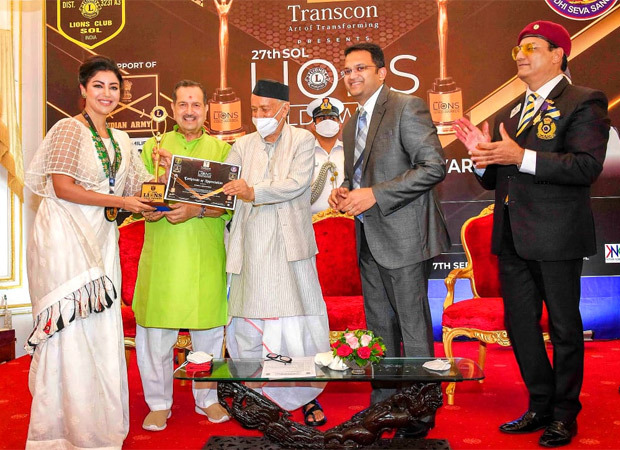NEW DELHI :Commending taxmen for the enforcement measures in coping with GST fraud, Finance Minister Nirmala Sitharaman on Thursday stated the improved income assortment within the current months ought to now be the “new regular”.
In a message to tax officers on the fourth anniversary of historic tax reform GST, she stated within the final 4 years the taxpayer base has virtually doubled from 66.25 lakh to 1.28 crore.
She stated for eight months in a row, GST revenues have crossed ₹1 lakh crore mark and we’ve got seen file GST income assortment of ₹1.41 lakh crore in April 2021.
“Commendable work has been performed within the 12 months passed by each within the space of facilitation and enforcement with quite a few circumstances of fraudulent sellers and ITC being registered. The improved income assortment in current months ought to now be the ‘new regular’,” Sitharaman stated.
A nationwide GST, which subsumed 17 native levies like excise obligation, service tax and VAT and 13 cesses, was rolled out on July 1, 2017.
Expressing satisfaction on overcoming a lot of the GST implementation challenges, together with two waves of the COVID-19 pandemic, the minister additionally thanked taxpayers for his or her help in making the products and companies tax (GST) a actuality.
“Its optimistic externalities similar to unified market, removing of cascading and imp[roved competitiveness of products and companies has helped spur financial development taking us additional on the trail to prosperity,” she stated whereas commending each the central and state tax officers for making GST successful.
Central Board of Oblique Taxes and Customs (CBIC) will likely be issuing certificates of appreciation to 54,439 GST payers for well timed submitting of returns and money fee of GST within the final 4 years. Greater than 88 per cent of those taxpayers are from micro, small and medium enterprises.
She stated any reform of this scale, in a big and numerous nation like India, could be extremely difficult.
“The GST Council has proven immense sagacity and knowledge in redressing reputable issues of taxpayers and residents by course correction every time wanted. This has manifested itself not simply in measures to ease the compliance burden on taxpayers, particularly MSMEs, but additionally decreasing the tax burden on the widespread man,” Sitharaman added.
Below GST, companies with an annual turnover of as much as ₹40 lakh are exempt from GST. Moreover, these with a turnover as much as ₹1.5 crore can go for the Composition Scheme and pay only one per cent tax.
For companies, companies with turnover as much as ₹20 lakh in a 12 months are GST exempt. A service supplier having turnover as much as ₹50 lakh in a 12 months can go for composition scheme for companies and pay solely 6 per cent tax.
Below GST a four-rate construction that exempts or imposes a low charge of tax 5 per cent on important objects and prime charge of 28 per cent on vehicles is levied. The opposite slabs of tax are 12 and 18 per cent. Within the pre-GST period, the full of VAT, excise, CST and their cascading impact led to 31 per cent as tax payable, on a mean, for a shopper.
GST additionally represents an unprecedented train in fiscal federalism. The GST Council, that brings collectively the central and state governments, has met 44 occasions to thrash out how the tax will work.



